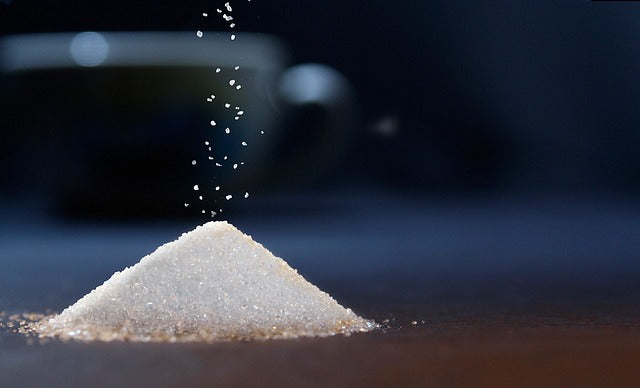Artificial sweeteners can seem like a gift from the food gods. After all, they can be thousands of times sweeter than sugar and contain few calories. That’s why food manufacturers market them as a way to lose weight by cutting the sugar and calories in your diet.
But many research studies show that people actually gain weight when eating artificial sweeteners. And what’s more troubling is that there’s conflicting evidence about how safe they are to consume. That’s why you should think twice if you’re considering swapping regular table sugar for artificial sweeteners.
What foods contain artificial sweeteners?
Artificial sweeteners are most common in candy, soft drinks, flavoured water, baking mixes, and gum. But they can also show up in toothpaste, cough drops, and mouth wash. Some of the most common artificial sweeteners include aspartame, saccharin, and sucralose.
Are they safe?
To date, there isn’t enough evidence to show that artificial sweeteners are safe to eat. But because there also isn’t much evidence showing that they’re unsafe, regulators have allowed food manufacturers to make and sell them. This is despite data showing that artificial sweeteners may increase cravings for sugar, impair the body’s calorie counter, and cause cancer in rats. These side effects are consistent with how artificial sweeteners are made.
How are artificial sweeteners made?
Some artificial sweeteners are chemically synthesized by modifying simple carbs, such as sucrose. Others are processed more naturally, such as when sulfobenzoic acid, phosphorus chloride, and ammonia are combined to produce saccharin. And some sweeteners come from natural sources. For example, stevia is a sweetener that’s extracted from a plant native to Brazil and Paraguay. It’s 300x sweeter than table sugar.




























